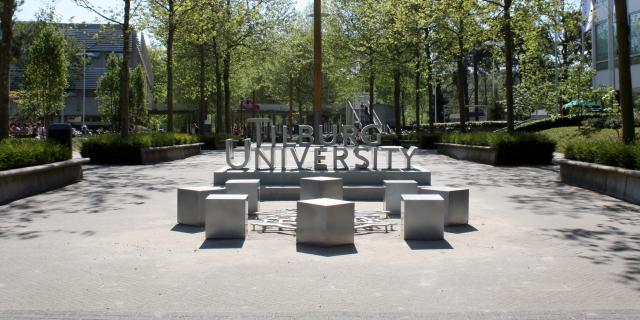Tranzo
Tranzo is the scientific center for care and wellbeing of the Tilburg School of Social and Behavioral Sciences of Tilburg University. Tranzo wants to build a bridge between science and practice in the area of care and wellbeing. The objective is to promote an evidence-based approach by working in co-creation with practitioners to develop and exchange knowledge.
The evidence-based approach: Three sources of knowledge
For us, the evidence-based approach involves three types of knowledge sources: scientific knowledge, the expertise of the professionals (i.e., caregivers and policy officers), and the knowledge and expertise of the ‘demand side’ (i.e., citizens, clients). The interaction between researchers, professionals, and the demand side is therefore of crucial importance.
Tranzo advisory body
The advisory body advise Tranzo on the basic ideas of the policy and the organization regarding research and reach of the department. The intention of the advises is to strengthen the position of Tranzo within the university and the health field.
Prof. dr. H. (Dike) van de Mheen, Chairman of Tranzo
Academic Collaborative Centers
-

Mental Health Care
Within Tranzo's Academic Collaborative Center ‘Mental Health Care’, knowledge development and knowledge exchange in the field of mental health care are carried out in co-creation with practitioners.
More information -

Addiction
Within the Academic Collaborative Center Addiction at Tranzo, research is being performed in co-creation with several organizations in practice on knowledge development and knowledge exchange in the field of addiction.
More information -
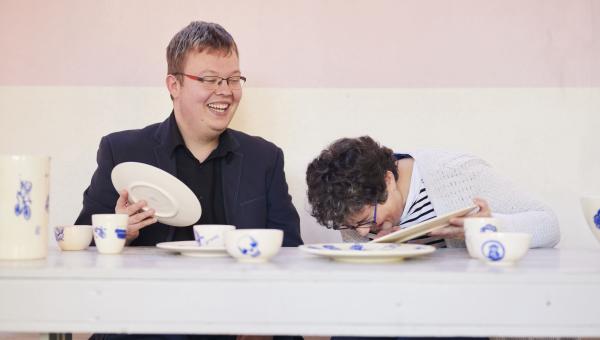
ACC Living with an Intellectual Disability
The Academic Collaborative Center Living with an intellectual disability was founded by Prof. Petri Embregts. Under the direction of Prof. Embregts, the Academic Collaborative Center tries to find answers to questions of people with intellectual disabilities, their relatives, and their support professionals.
More information -
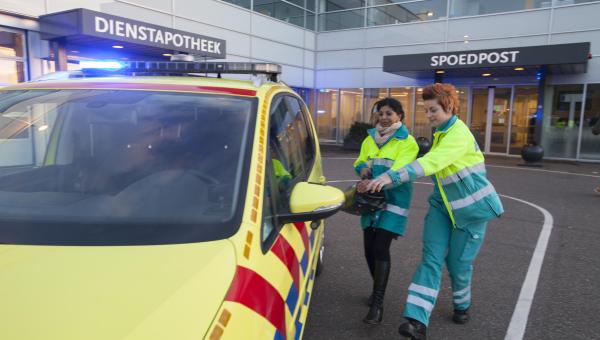
Quality of healthcare providers and systems
Health care is a complex system, with crucial roles for patients, doctors and healthcare organizations. In our workshop we focus on the processes that make this complex system work.
More information -
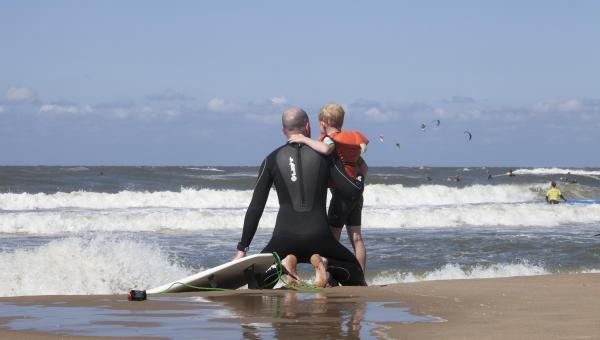
Public Health
In the ACC Public Health Brabant Tranzo collaborates with the three Regional Public Health Services (GGD-en) in the province of Brabant, the National Institute on Public Health and the Environment (RIVM) and Het PON & Telos, Research center on sustainability (Tisem/TiU).
More information -

Academic Collaborative Center Work and Health
Projects within the Center Academic Collaborative Center Work and Health aim to promote sustainable employment, and focus on mental health and wellbeing.
More information -
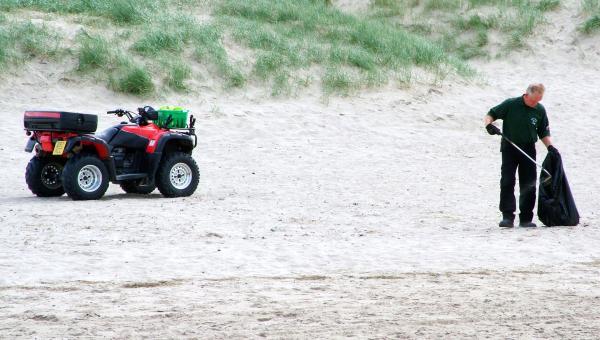
Social Work
The Academic Collaborative Centre Social Work deals with transitions in the social domain.
More information -
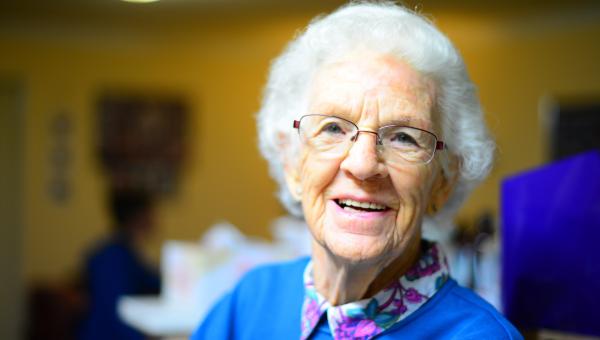
Care for older Adults
The ACC conducts social scientific research on the perspectives of (vulnerable) older adults.
More information -
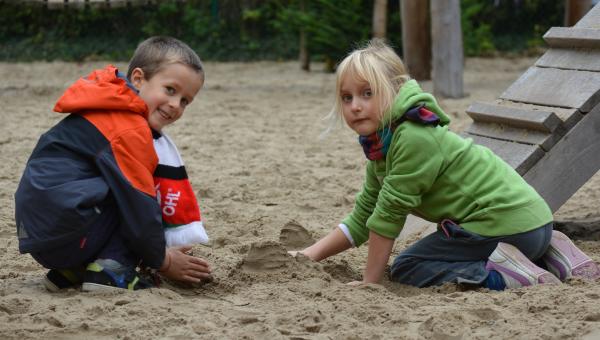
Youth
The Academic Collaborative Center Youth (ACCY) is a cooperation between Tilburg University and 22 organizations (municipalities, youth (health) care, mental health care, applied universities and a client organization).
More information -

Health Economics
The mission of the knowledge network Health Economics is to promote the development and application of health economic knowledge inside and outside Tranzo.
More information -
Technological and Social Innovation for Mental Health
The Academic Working Place ‘Technological and Social Innovation for Mental Health’ within Tranzo works in co-creation with practice in order to develop and exchange knowledge on the topic of technological and social innovation.
More information
